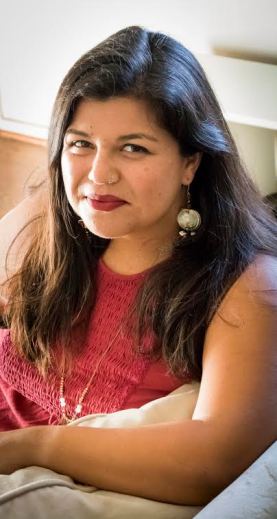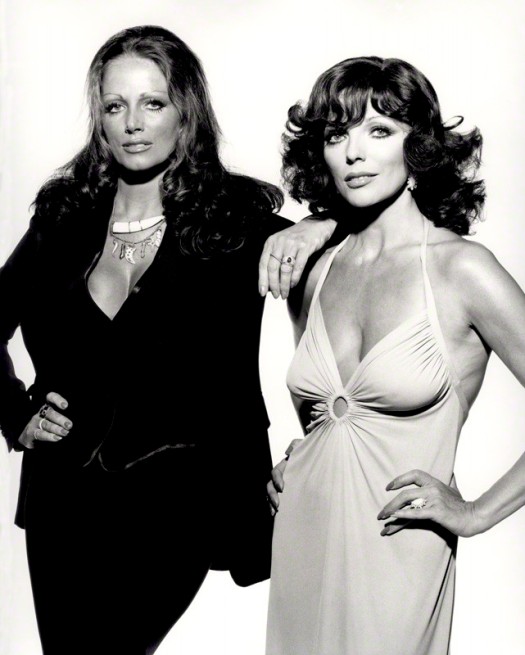by Xochitl-Julisa Bermejo
This article was first published in July 2017. The current deadline for Hedgebrook 2019 residencies is Tuesday, July 24th.
Hedgebrook’s 2018 Writer in Residence is now open. The deadline for applying is July 25th. Though there is a $30 application fee, rumor is you can request a fee waiver based on need, and if you are accepted, the stay–which includes room and board–is free of any cost aside from travel costs to Whidbey Island an hour outside of Seattle, Washington.
Hedgebrook is an all-female and female-identifying writing retreat. Writers stay in their own little cabin in the woods equipped with a desk and fisherman’s fireplace, and are given three meals-a-day, which includes a community dinner each night. No more than seven writers are on the premises at one time. One aspect that makes this residency highly sought out is Hedgbrook’s belief in radical hospitality. Some highlights of this include: menus catered to each writer’s specific food needs (and even the occasional favorite comfort food), fresh baked cookies daily, a well-loved garden writers are encouraged to pick flowers from for their desks, and absolutely no pressure to write. As someone who has experienced Hedgebrook, you and your writing will rarely feel so nurtured. Continue reading “Hedgebrook and Other Residency Resources”








